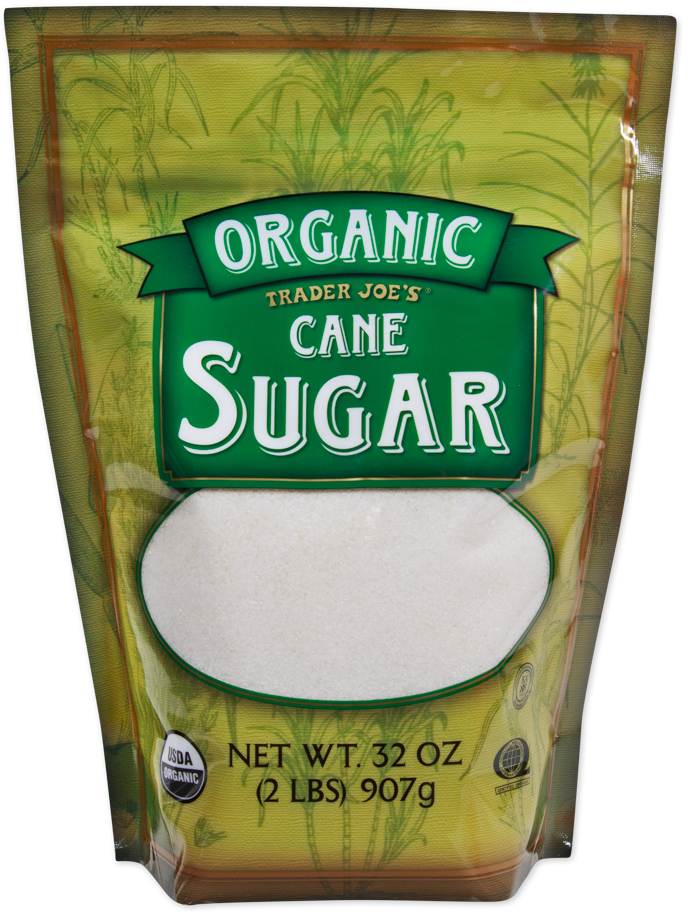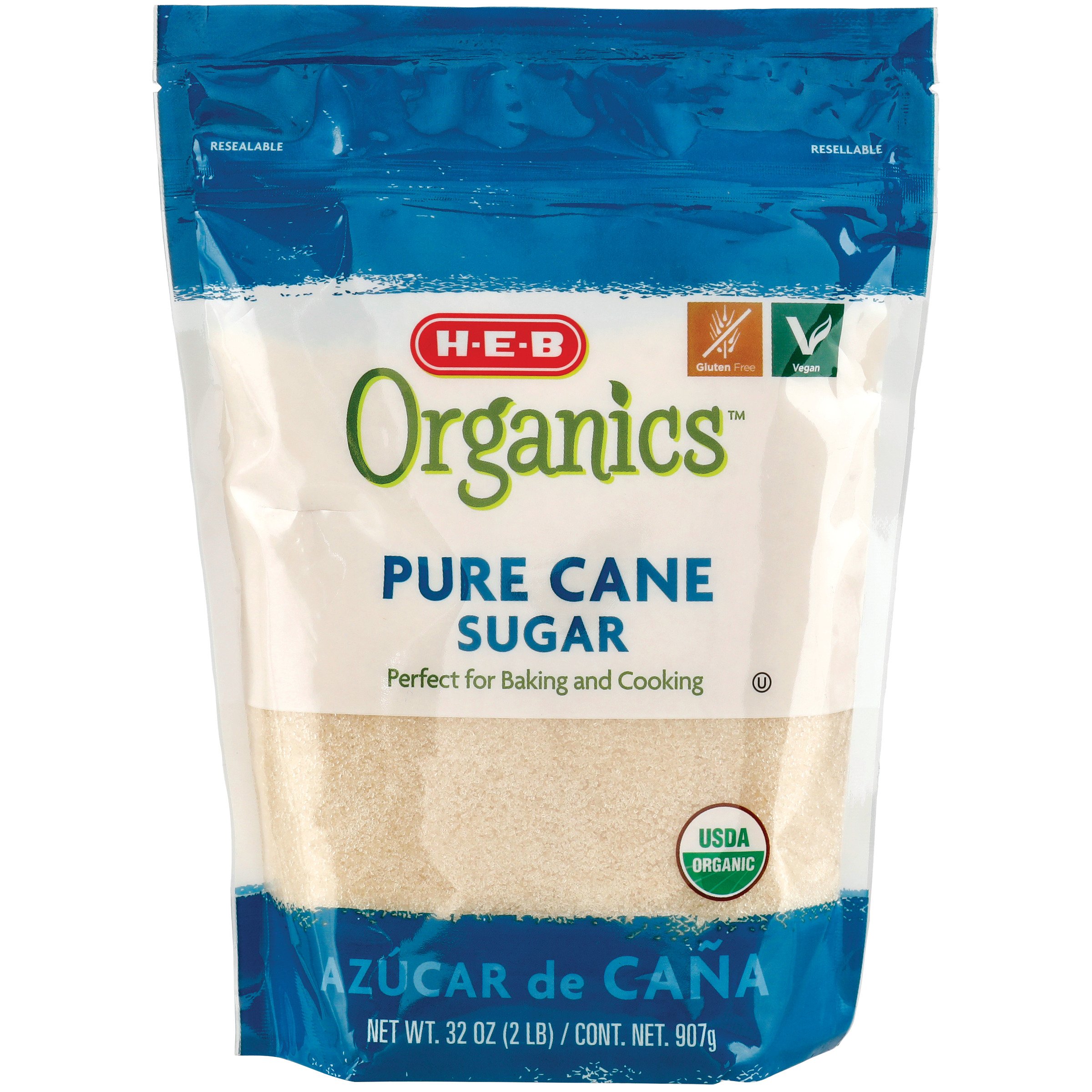Simplify Workflow with Reliable Cane Sugar Processing Chemicals
Simplify Workflow with Reliable Cane Sugar Processing Chemicals
Blog Article
Navigating Regulatory Conformity and Sustainability With Cutting-Edge Walking Stick Sugar Handling Chemicals in the Chemical Export Market

Regulatory Landscape Summary
In the realm of walking stick sugar processing chemicals within the chemical export market, recognizing the regulative landscape is paramount for making certain compliance and lasting operations. Governing bodies such as the Epa (EPA) and the Food and Medication Management (FDA) play an important role in looking after the production, import, and export of these chemicals. Conformity with laws stated by these bodies is not only a legal demand however also essential for keeping public health and ecological security standards.
Governing frameworks governing walking cane sugar processing chemicals include a variety of facets, consisting of labeling requirements, acceptable levels of specific materials, and standards for risk-free handling and disposal. For chemical merchants, this means adhering to stringent documents procedures, quality assurance procedures, and regular audits to demonstrate adherence to these regulations.

Sustainable Cane Sugar Chemical Innovations

One popular area of development is the growth of environmentally friendly chemicals that minimize water and power consumption during the sugar handling stages. By implementing these lasting options, companies can lower their carbon impact while maintaining high levels of productivity. Additionally, advancements in eco-friendly chemicals are obtaining grip, using a more eco-friendly alternative to standard processing representatives.
In addition, the integration of renewable resource resources in the production process is coming to be more widespread, more improving the sustainability profile of cane sugar processing. By embracing these lasting cane sugar chemical advancements, companies can not only meet regulatory requirements however additionally demonstrate a dedication to environmental responsibility in the chemical export market.
Compliance Difficulties in Exporting Chemicals
Navigating regulative structures postures substantial challenges for chemical exporters, requiring careful interest to conformity requirements and global regulations. Exporting chemicals includes adherence to a complex web of guidelines that differ from country to country. One of the primary compliance difficulties encountered by chemical exporters is ensuring that the items satisfy the certain regulative requirements of the importing country. This consists of obtaining the required permits, qualifications, and documents to show the safety and legitimacy of the chemicals being exported.
Additionally, chemical exporters must stay abreast of constantly developing policies and standards connected to chemical transport, manufacturing, and handling. Failure to adhere to these guidelines can lead to serious repercussions, including fines, lawsuit, and reputational damages. Navigating trade limitations, permissions, and export control laws includes an additional layer of intricacy to the conformity landscape for chemical exporters.
To reduce these obstacles, chemical exporters have to purchase durable compliance programs, conduct regular audits, and involve with governing authorities to Get the facts ensure a detailed understanding of the applicable regulations and regulations. By prioritizing conformity and staying proactive in attending to regulatory challenges, chemical merchants can navigate the intricacies of worldwide profession effectively.
Ecological Impact of Walking Cane Sugar Processing
The ecological ramifications of walking stick sugar processing are an essential aspect calling for comprehensive exam in the chemical export industry. Walking cane sugar processing can have considerable ecological impacts at different phases of production. Among the primary worries is the generation directory of huge volumes of wastewater consisting of raw material, put on hold solids, and chemicals made use of in the processing plants. This wastewater, if not effectively treated, can pollute water bodies, damage marine life, and degrade overall water high quality. In addition, the burning of sugarcane areas before gathering, a typical technique in some regions, releases dangerous air toxins and greenhouse gases into the environment, adding to air top quality concerns and climate change.
Moreover, the comprehensive use chemicals and fertilizers in sugarcane growing can lead to soil destruction, water contamination, and damage to non-target organisms. It is vital for chemical exporters entailed in the walking cane sugar handling market to carry out sustainable practices, buy advanced wastewater therapy technologies, promote liable farming approaches, and stick to rigid ecological regulations to reduce the adverse ecological effect of their procedures.
Future Trends in Sustainability Practices
What innovative strategies are chemical exporters in the walking cane sugar processing sector taking on to enhance sustainability practices for the future? As the need for sustainable practices remains to grow, chemical merchants are welcoming various patterns to make sure a greener future for the sector. One popular trend is the change towards establishing and utilizing environment-friendly chemicals in the processing of walking stick sugar. These chemicals are created to reduce environmental effect while keeping high degrees of efficiency in the production procedure.
An additional essential pattern is the execution of advanced technologies such as automation and information analytics to maximize source usage and decrease waste generation. By utilizing the power of data image source and automation, chemical merchants can simplify their procedures, boost power performance, and improve total sustainability efficiency.
Moreover, collaborations and collaborations with sustainability-focused organizations and stakeholders are coming to be progressively usual. By collaborating, chemical exporters can exchange understanding, share best techniques, and jointly drive technology towards even more lasting cane sugar processing techniques. Accepting these trends will certainly not just profit the atmosphere however also guarantee long-term success and competitiveness in the industry.
Conclusion
Finally, the chemical export sector need to browse complex regulative landscapes and sustainability obstacles when processing walking stick sugar. Advancements in walking stick sugar handling chemicals are crucial to meeting compliance requirements and decreasing ecological influence. As the market continues to advance, it is essential for business to embrace lasting methods and stay ahead of future fads to ensure lasting success.
In the world of cane sugar processing chemicals within the chemical export sector, recognizing the governing landscape is paramount for making sure conformity and lasting procedures.Discovering cutting-edge approaches in the development of sustainable cane sugar chemical services is critical for advancing ecological stewardship in the chemical export industry. Firms are increasingly investing in research study and advancement to create advanced walking cane sugar handling chemicals that not just make sure high efficiency in sugar manufacturing yet likewise adhere to stringent sustainability criteria.
Additionally, chemical exporters should stay abreast of constantly progressing criteria and laws associated to chemical handling, transport, and production - Cane Sugar Processing Chemicals.The environmental implications of cane sugar handling are a crucial element requiring detailed assessment in the chemical export sector
Report this page